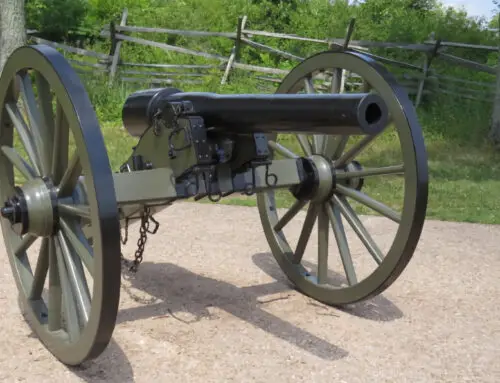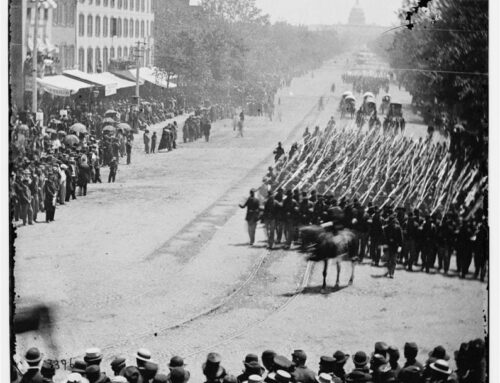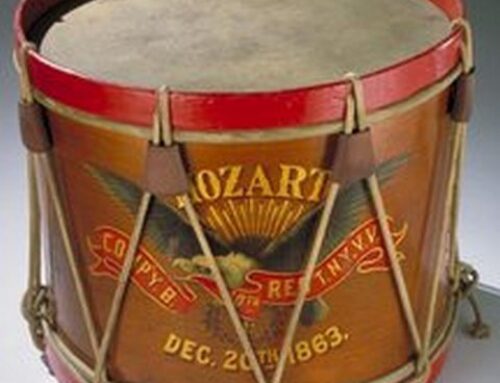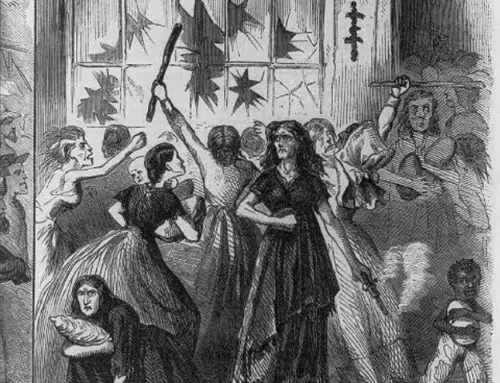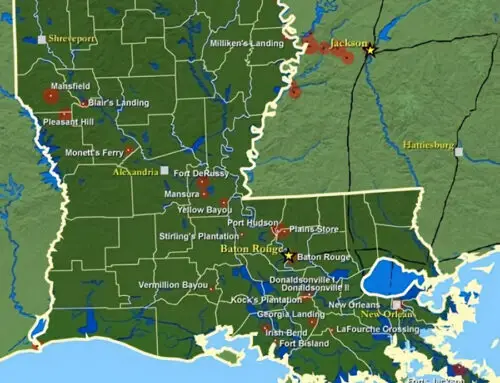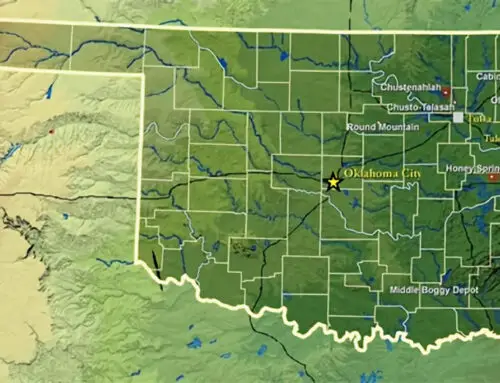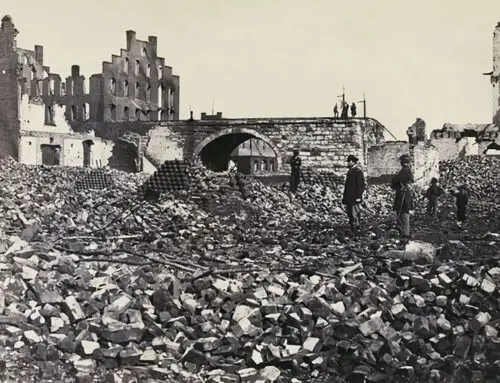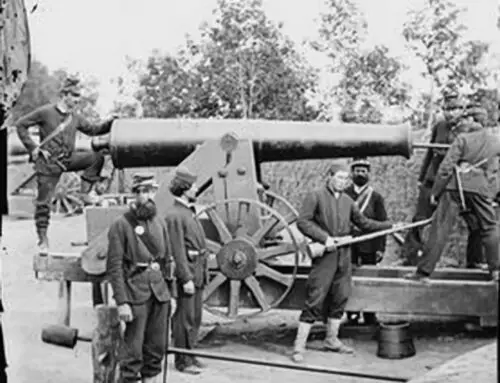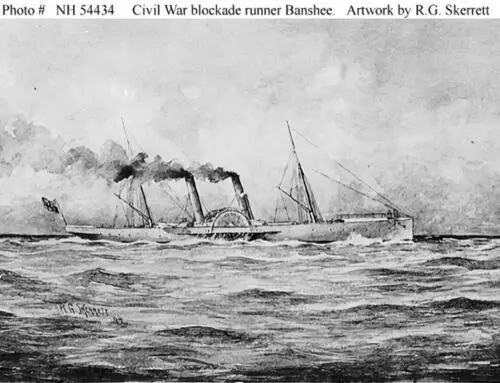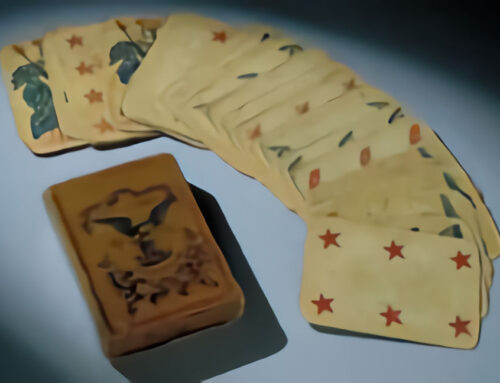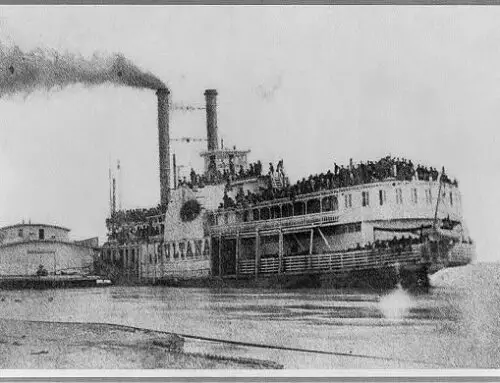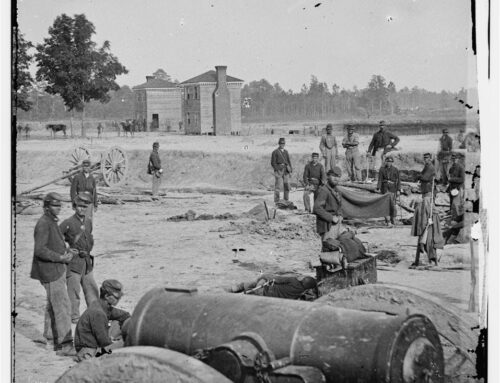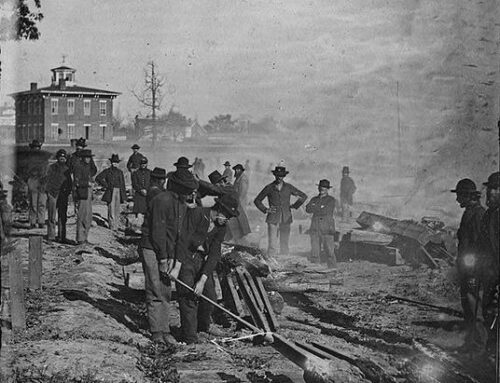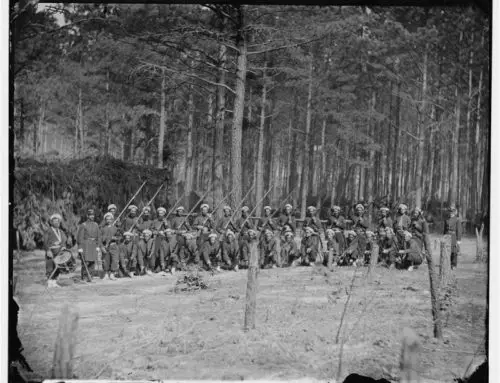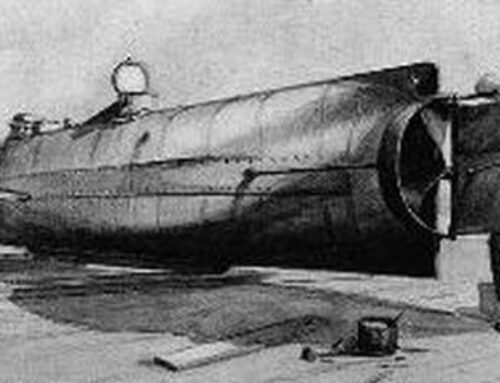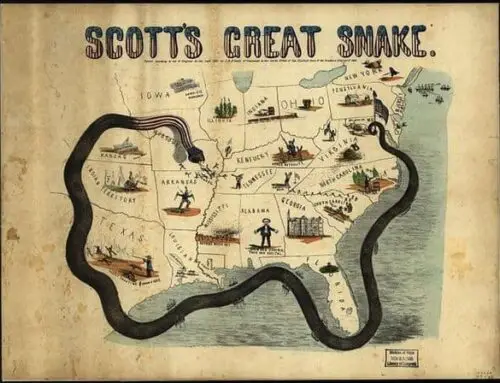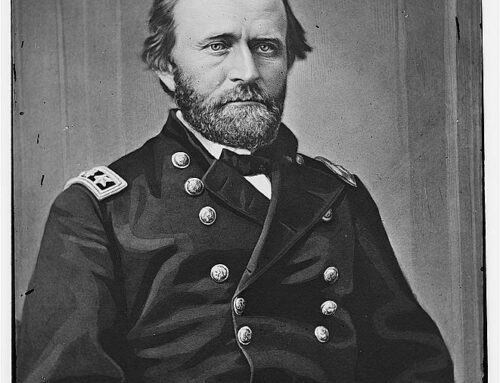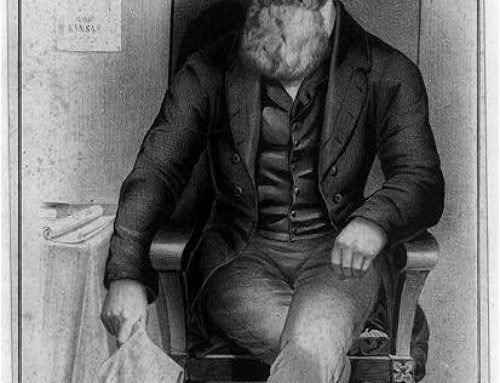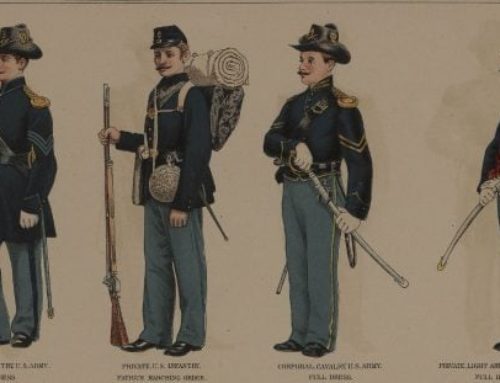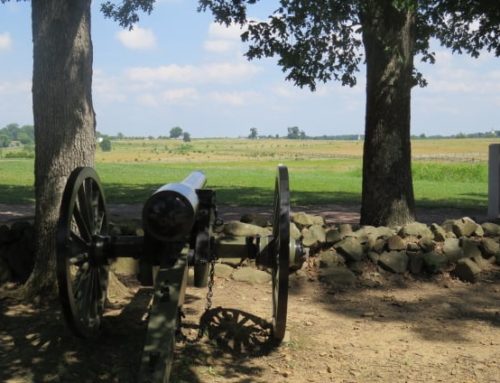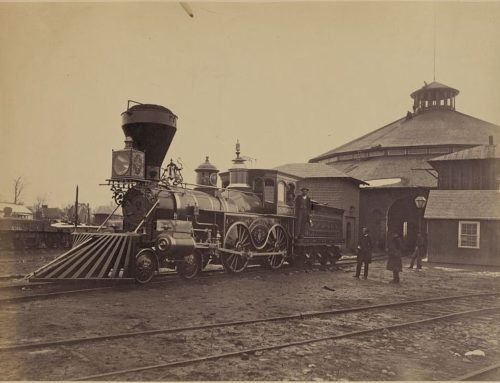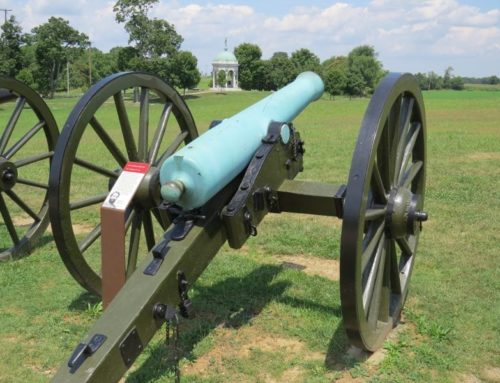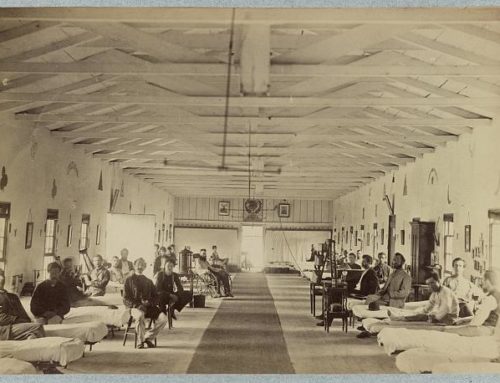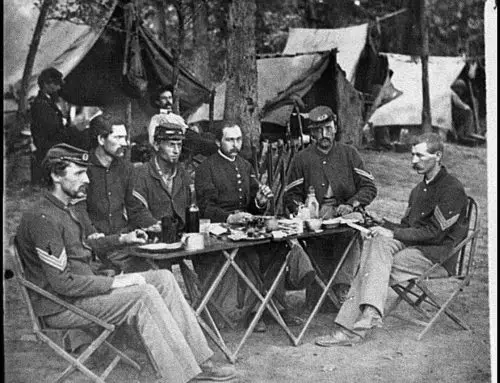Copperheads were part of a radical element of the Democratic Party during the Civil War. The year before the Civil War actually erupted at Fort Sumter, the secession crisis was lead by some Democrats in the North.
What they did, or better yet what they stood for, was dismissing their own Union countrymen and Union Army, against the attack in the war with the Southern secessionist.
To thoroughly understand their platform, one must understand succession and Democratic and Republican views, on the Northern side.
They got their name because they wore copper pennies that would be stamped through with a hole and pinned to their lapels identifying them as ‘Copperheads of the Peace Democrats’. The Southern leaders did not mind that the infrastructure of the Union was being beset on all sides by various political groups that opposed the war.
It was a war that the Rebels were not going to win and the only hope was that the interior political atmosphere would be so troubled that the option of stopping the war was very real.
They were also known as the Peace Democrats. They were a group of people who craved peace. They were so against the war that they resisted draft laws, tried to persuade Union troops to leave the war, and blamed the war on abolitionists.
Clement L. Valladigham of Ohio was a major leader in the movement. He was in charge of the antiwar organization the Sons of Liberty. At the Democratic convention of 1864, where the influence of Peace Democrats reached its high point, Valladigham persuaded the party to adopt a platform branding the war a failure, and some extreme Copperheads plotted armed uprisings.
However, George B. McClellan was somewhat pro-war and this contradiction made Lincoln’s victory in the election almost inevitable.
With the conclusion of the Civil War in 1865 the Peace Democrats were thoroughly discredited. Most Northerners believed, not without reason, that Peace Democrats had prolonged the war by encouraging the South to continue fighting in the hope that the North would abandon the struggle. The end of the Civil War meant the total disintegration of the group as a political voice of power. Only the memories of the political party remain today.

